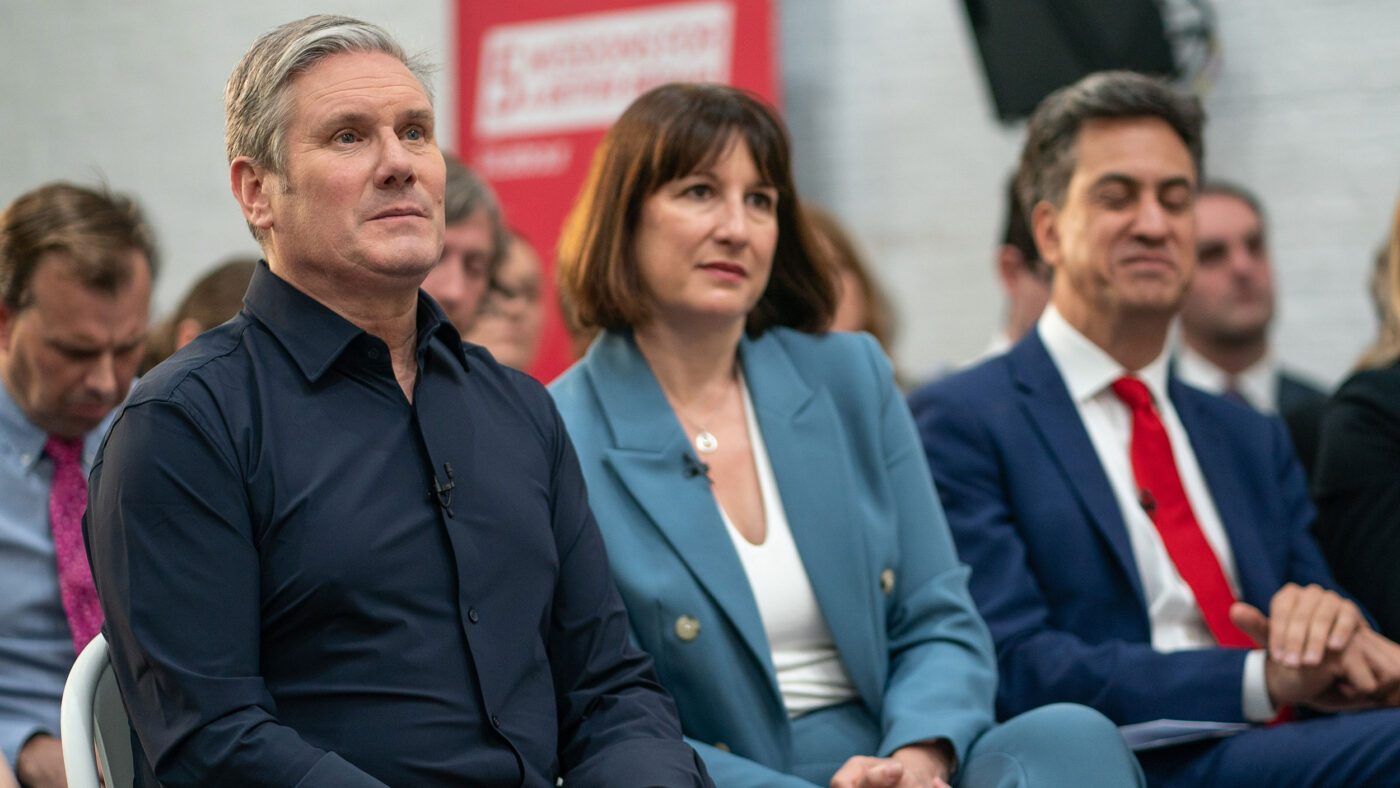On Wednesday, opposition MPs blamed the Government for increasing mortgage rates. They are right.
The Government prevented people from working during the pandemic and paid them with money freshly created by the Bank of England. The money supply increased much faster than economic output. This supercharged inflation, which is now causing interest rates to rise.
Of course, Labour and LibDem MPs supported the lockdowns and handouts. So, they are also to blame. In fact, they called for stricter lockdowns and more BoE-funded government spending. But let’s not be too harsh. These conveniently forgetful politicians aren’t mere critics. They have ideas about how to avoid paying the price of their favoured policy!
Sir Ed Davey thinks the government should give a total of £3bn to mortgage-holders finding it difficult to meet their payments. If that £3bn were supplied by money printing, it would only exacerbate the underlying problem. But Sir Ed wants the money to be raised by taxing banks.
British banks already deliver feeble returns to their shareholders. If Sir Ed has his way and imposes another £3bn cost on them, they would have to respond by increasing prices for their other customers. The pain would be shifted from a subset of favoured mortgagees to other bank customers.
Subsidising mortgage payments would also increase demand to buy homes, thereby pushing up their price. In other words, Sir Ed’s policy would help people who bought homes they couldn’t afford to finance at the expense of people who do not yet own homes.
Subsidising mortgage payments also distorts the allocation of capital across the economy. It directs capital into housing rather than to other uses, such as funding small businesses or productivity-enhancing research and development, where no such additional subsidy is provided.
The Labour Party proposes similar measures. It wants banks to be compelled to switch mortgagees into interest-only loans, extend repayment periods, and impose a six month moratorium on repossession proceedings. Insofar as these commands impose losses on banks, they will have the same deleterious effects as Sir Ed’s proposal. The losses will be made up through higher prices for other customers.
But Labour has another idea. They also want the Financial Conduct Authority to issue guidance to prevent borrowers’ credit ratings from changing when they switch to interest-only loans or extend the repayment period.
Politicians are notorious liars. But you would not expect them to demand lying as part of their economic policy. Yet that is what this policy does.
Suppose Jack shifts to an interest-only mortgage. This suggests he is struggling to make his repayments. Upon learning the news, a credit rating agency would be inclined to downgrade Jack’s credit rating. Potential lenders contacting the credit agency would then get a more accurate assessment of the risk of lending to Jack. Labour’s desired FCA directive demands that the credit agency lie to the lenders.
Because lenders will know that credit rating agencies have been instructed to lie, they will no longer believe credit ratings. Being unable to distinguish safe borrowers from risky borrowers, they will have to treat all borrowers as if they are risky. This means either refusing to lend to them or lending at a higher interest rate. As with the other proposals, this compulsory lying benefits irresponsible borrowers at the expense of everyone else.
When I say everyone else, that’s not quite right. Because Sir Ed and Labour try to help home-owners by taxing banks and otherwise pushing them around, they benefit mortgagees at the expense of other people who are customers of banks. Even if subsidising mortgages were not a stupid idea, why should this particular segment of society bear the cost of it? What special debt do people with bank deposits or small business loans owe to the mortgage-holders?
No problem is so bad that it cannot be made worse by the meddling of politicians. Alas, meddling is all politicians have to offer. They meddle us into trouble, and then they promise to meddle us out of it. And, in the process, they show themselves to be morally bankrupt. They talk about fairness and what people deserve, but they understand economics so little that they cannot anticipate even the most predictable effects of their policies or who will bear the cost.
‘They did it to you; we’ll save you from it’. This claim is the basis of political competition. The first half is usually true. The second half is where the problem lies. The serious question in contemporary politics is not which party we should prefer. They all promise broadly the same kind of micro-management of our economic and other affairs. The question is how do we stop them.
Click here to subscribe to our daily briefing – the best pieces from CapX and across the web.
CapX depends on the generosity of its readers. If you value what we do, please consider making a donation.


